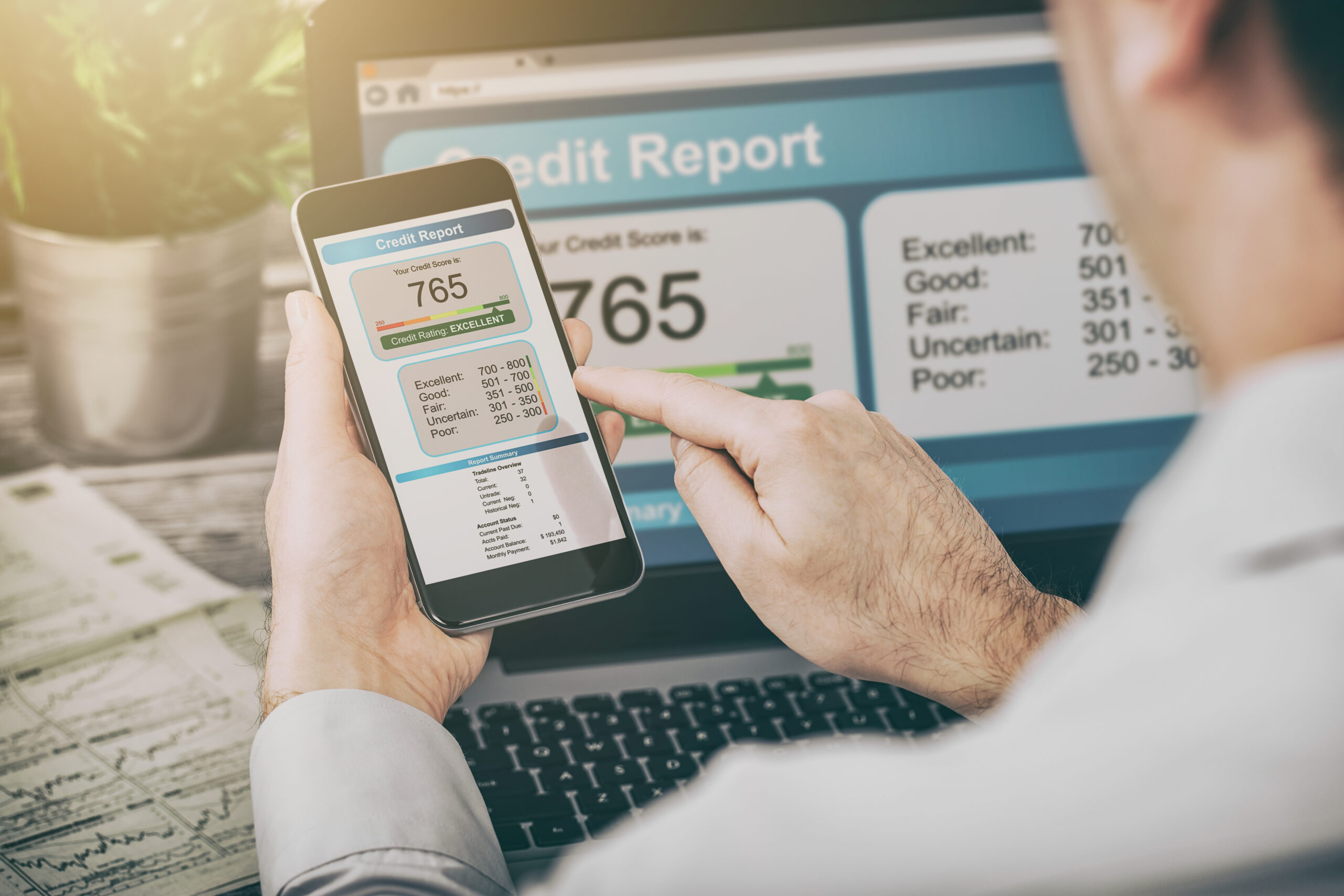
Debt vs. Credit: What Affects Your Credit Score
I had a good credit score, but I still couldn’t figure out why I couldn’t qualify for a car loan. This was what propelled me to do some research on what really affects your credit. During my readings, I found out the difference between debt and credit. Though closely related they do have different meanings that are important to distinguish.
So what is debt? Debt is the state of owing money. Pretty straight forward right?!
Credit, however, is the ability of a customer to obtain goods or services before payment, based on the trust that payment will be made in the future.
In order to have credit you have to have debt, but you can have debt without good credit.
The two are related because the type, amount and duration of debt affects how “good” your credit is.
Here is a list of the types of credit that exist:
- Credit Cards
- Line of Credit
- Bank Loan (e.g. car loan, personal loan)
- Payday Loan
- Student Loan
- Mortgage
- Mobile plan
- Utilities
How Debt Affects Your credit
How you manage your debt can affect your ability to qualify for a car loan, car rentals, a mortgage, getting a cell phone, an apartment or even new employment. Below is a list of what affects your credit:
You’re credit is affected by:
- Bill payment history: if you pay your bills on time
- Amount of credit: how much of your credit is being used up. (e.g. Is your credit card maxed out?)
- Types of credit you have: (multiple credit cards, loans, mortgage, etc.)
- Length of credit history: how long it takes you to pay down your debt and how long you have been using credit
- The number of credit inquiries: the amount of times you have applied for credit
All of these either help to boost or lower your credit score.
Tips on how to maintain and boost your credit

- Pay your balance in full by your due date, or at least the minimum amount.
- Pay your credit card bill also by the statement day in order to have a lower amount appear on your credit report
- Keep your credit usage below 33% of your credit limit
- Avoid maxing out your credit limit
- Check your credit report once a year to make sure all the information on file is correct
After I got denied for the car loan, and came across all the information above, I took the next 12 months to pay down my debt as much as possible. I was also able to boost my credit score, which allowed me to qualify for the car loan the next year. Since then I do my best to follow the above tips in the hopes that one day soon I’ll be able to buy a house.
Lesson Learned: Take care of your credit! It will greatly affect your access to many necessities in life.
That’s it for now! Will talk about Good debt vs. Bad debt in a future post! Hope you found this helpful!
Don’t forget to subscribe to my email list!




-
-
5 years
Tagged credit, creditcard, millennialmoney, money, moneymindset